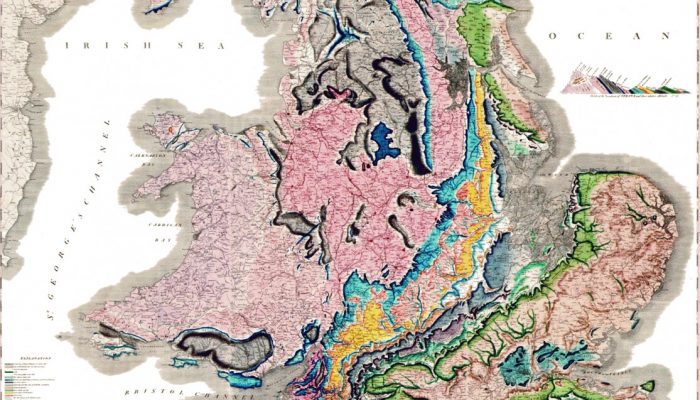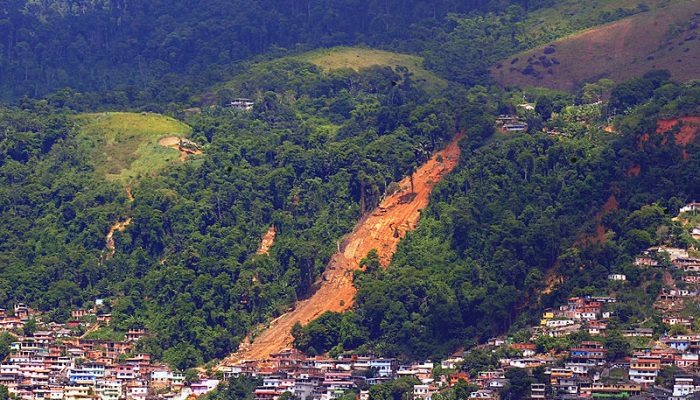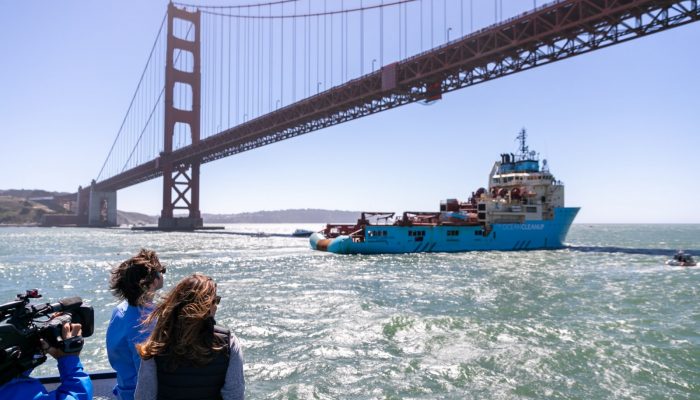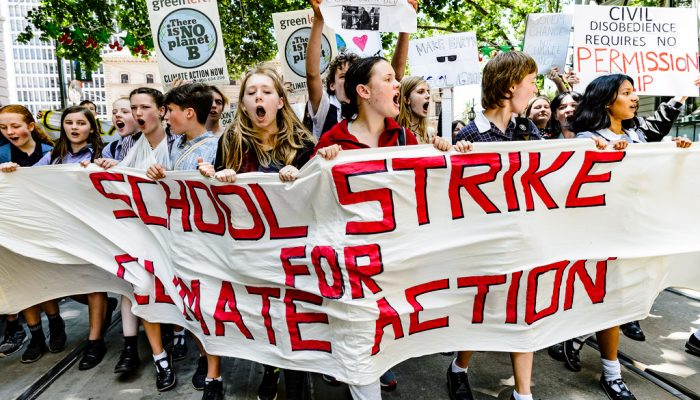Geology students typically experience some form of mapping education as part of their course and attitudes towards this baptism into the geosciences vary from adoration to utter hatred. Whatever the opinions of the students, however, it is widely recognised that performing mapping exercises is an excellent way to learn the basics of structural geology which underpins aspects of both further geolog ...[Read More]
Is geological mapping becoming obsolete?




